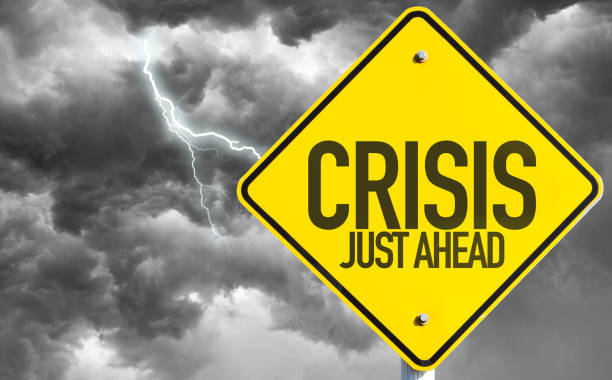Navigating Crisis Communications
Effective crisis communications requires preparation, swift action, transparency, and empathy. By following these strategies, you can manage crises more effectively, protect your organization’s reputation, and maintain the trust of your stakeholders. Remember, how you communicate during a crisis defines your organization’s resilience and long-term success. Be proactive, stay prepared, and always prioritize clear, honest, and compassionate communication.
Crisis communications is vital when your brand is under attack. Without it, a crisis can spiral out of control. When a crisis strikes, how you communicate will determine whether your organization weathers the storm or is engulfed by it. A crisis is any event or circumstance that negatively impacts your brand reputation. Effectively managing crisis communications protects your reputation and maintains trust with your stakeholders. Sharing the appropriate information quickly as the crisis unfolds helps to maintain credibility. Gather all available facts about the crisis. Understand what happened, why it happened, who is affected, and what steps are being taken to resolve it. Before communicating externally, ensure you have accurate and comprehensive information.
Effective crisis management starts long before a crisis occurs, so preparation is key. Develop a detailed crisis communications plan that outlines roles, responsibilities, and protocols. Include templates for press releases, social media statements, and internal communications. Assemble a crisis management team comprising key personnel from various departments. Ensure everyone knows their role by conducting regular training sessions and crisis simulations to keep your team prepared and responsive. When a crisis hits, time is of the essence. Delays can exacerbate the situation: Acknowledge the crisis as soon as possible, even if you don’t have all the details. Silence can be interpreted as negligence or guilt. Display calm and collected leadership to instill confidence and prevent panic among employees and stakeholders.
Transparency and honesty are critical during a crisis, so acknowledge the problem, take responsibility when appropriate, and avoid deflecting blame. Communicate clearly and concisely, stick to the facts, and provide regular updates. Ensure consistency across all communications channels to avoid confusion and misinformation. Most importantly, humanize your communication to build trust and show you care. Recognize the impact on those affected, and express empathy and concern. Offer support and resources to those impacted by the crisis. And remember to prioritize communication with your key stakeholders. Keep your employees informed so they hear about the crisis from you first, not the media. Address your customers, partners, investors, and the public by using the appropriate channels to reach each audience effectively.
Crises are inevitable, so get prepared. Create a plan that outlines every conceivable crisis and the appropriate response. Take control through effective crisis communications. In this short video, I share quick tips on how to navigate crisis communications, so take a few seconds to check it out!









